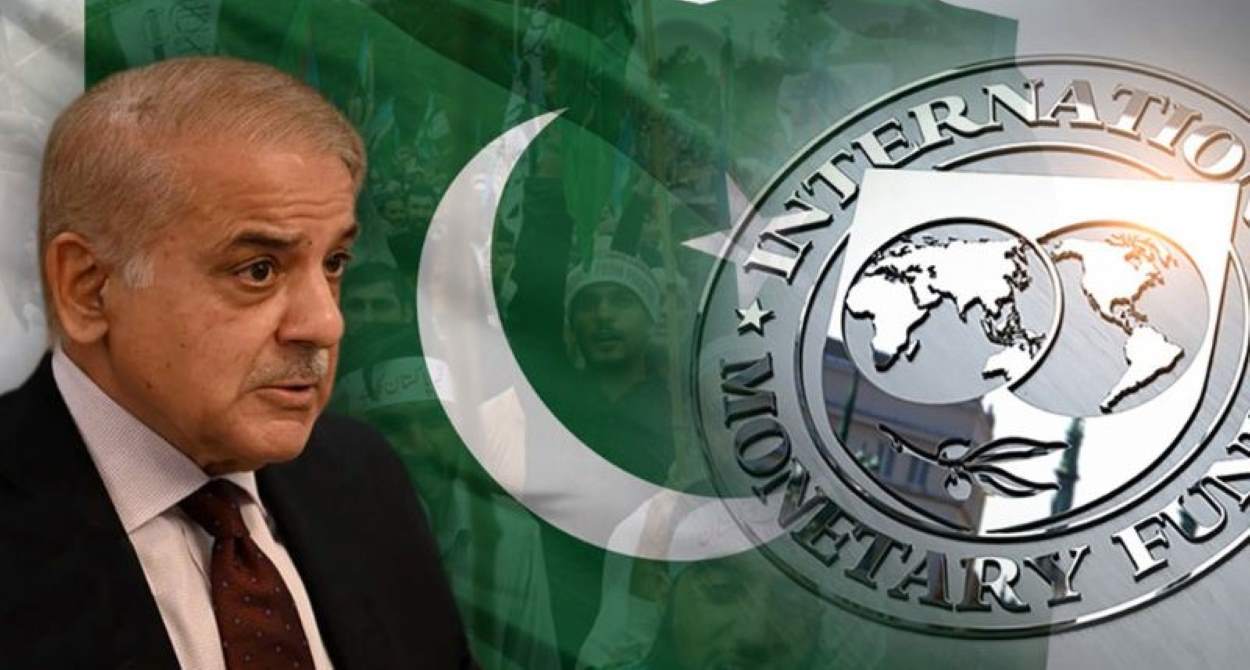On August 12, 2025, Pakistan announced a comprehensive strategy to extend the repayment periods for both domestic and external loans in order to meet the requirements set by the International Monetary Fund (IMF).
The plan aims to increase the average maturity of domestic debt from 3 years and 8 months to 4 years and 4 months, and to extend external debt maturity from 6.1 years to 6 years and 4 months. The implementation deadline for this strategy is set for 2028, as stipulated by the IMF. The strategy includes:
- Extending domestic debt maturity to reduce financing needs.
- Capping external debt at 40% of total public debt.
- Issuing 30% of domestic loans at a fixed policy rate.
- Increasing Shariah-compliant debt to 20% over three years.
Officials indicated that these measures will alleviate financial pressures in the coming years, with a report on implementation due for the IMF’s next economic review. Execution will commence in the 2025-26 fiscal year.
Read: Pakistan’s Forex Reserves Surge to $14.51 Billion, Exceed IMF Target
Pakistan’s plan is designed to support ongoing negotiations with the IMF to stabilise its economy, which is currently facing high debt and fiscal challenges. By extending the maturities of its debt, Pakistan aims to improve its debt sustainability. This approach follows recent reforms, such as the privatisation of 24 state-owned enterprises, including Pakistan International Airlines. Overall, the strategy demonstrates Pakistan’s commitment to achieving the financial stability targets set by the IMF.
The debt restructuring could lower annual refinancing needs, strengthening Pakistan’s fiscal position. However, achieving the 2028 targets requires robust policy execution and economic stability. The focus on Shariah-compliant debt and fixed-rate loans signals a shift toward diversified financing, potentially attracting new investors.






